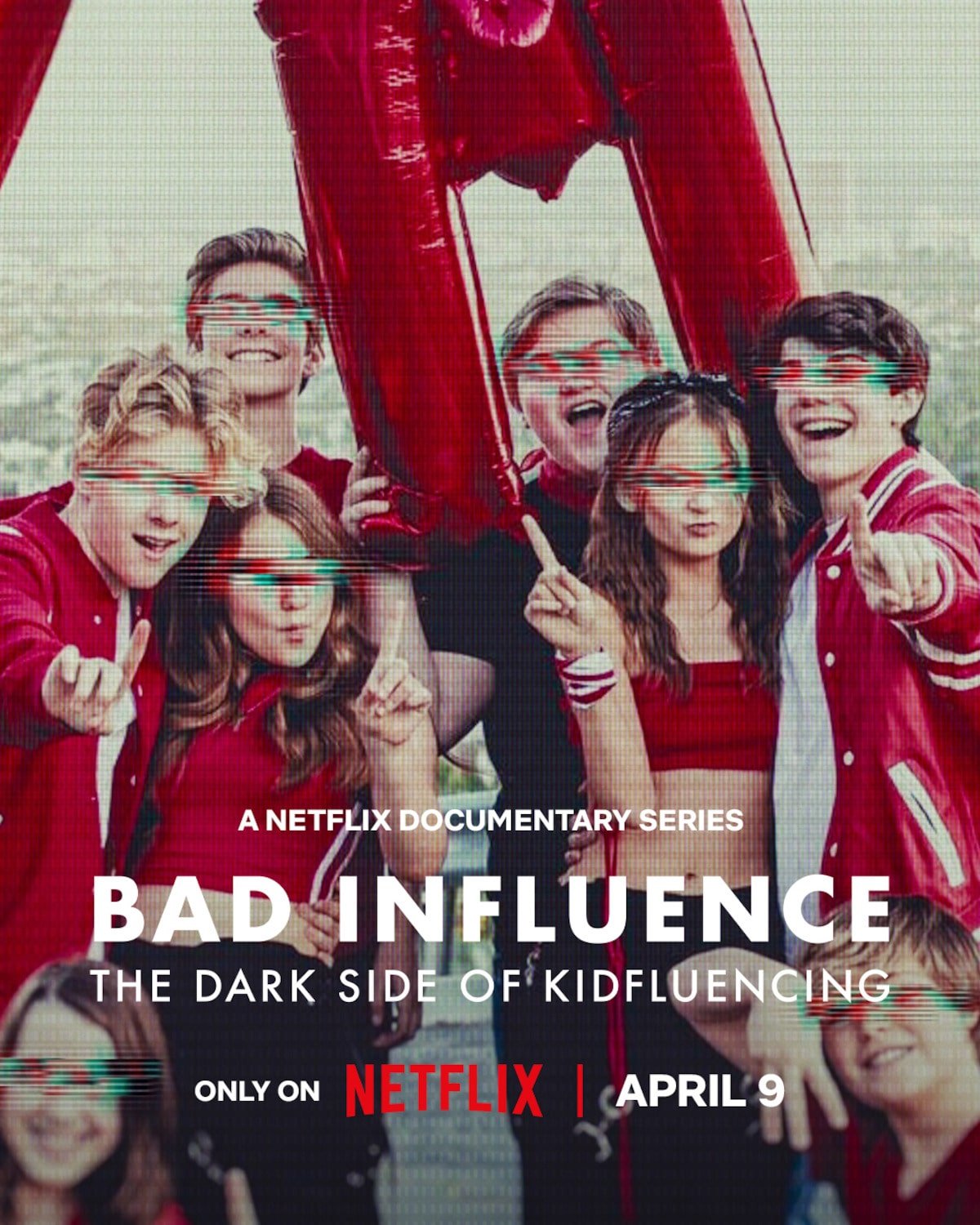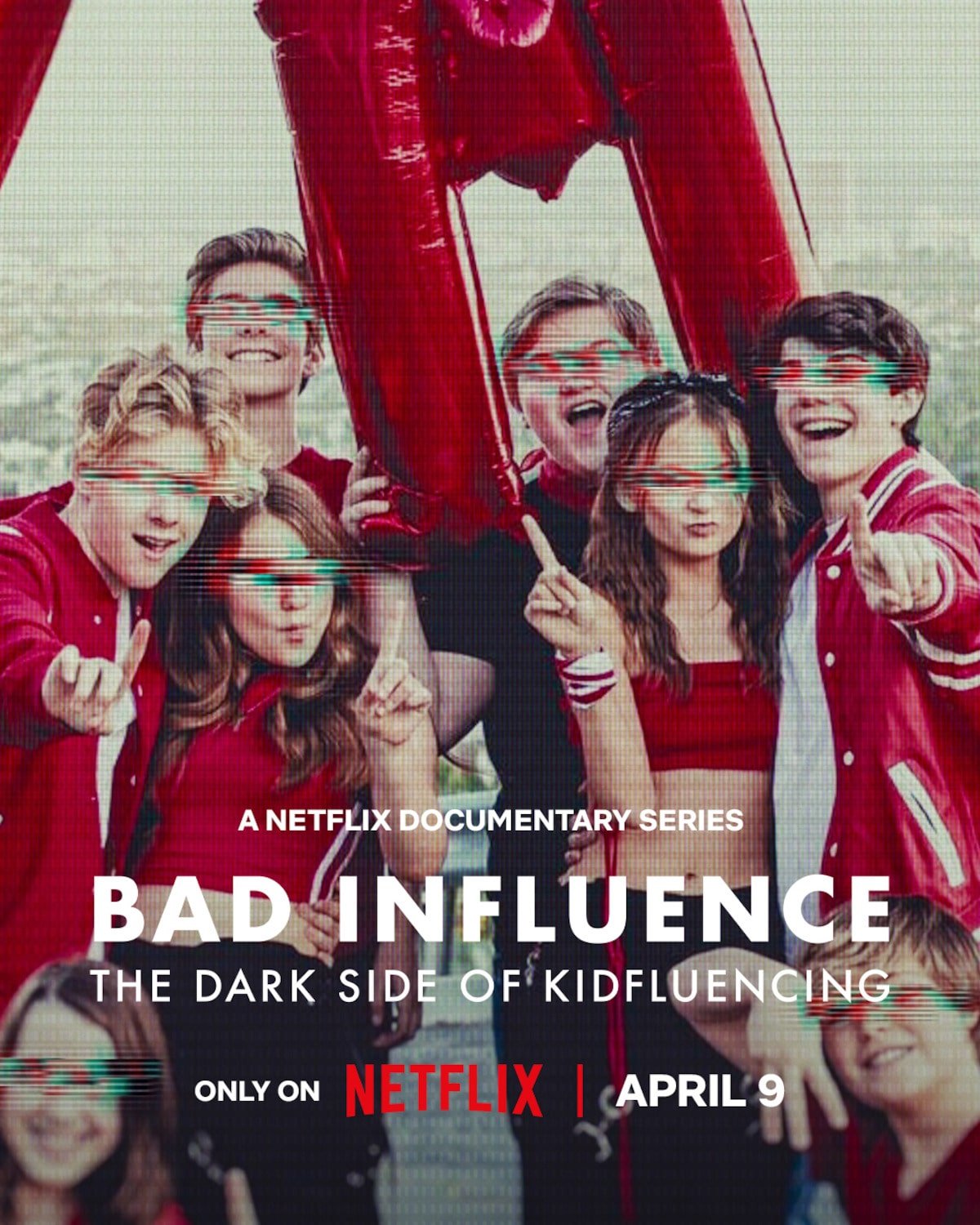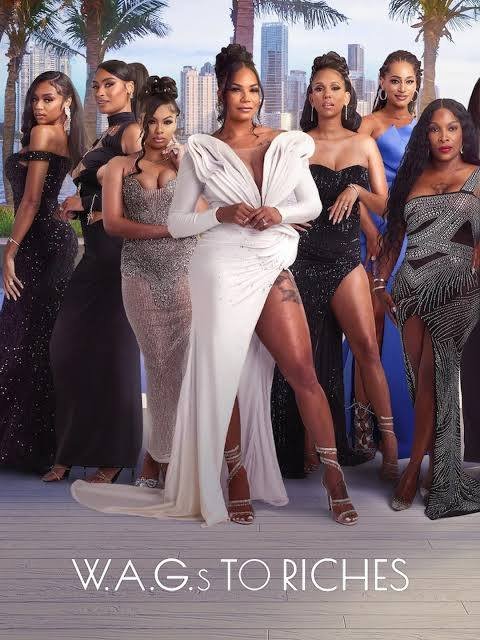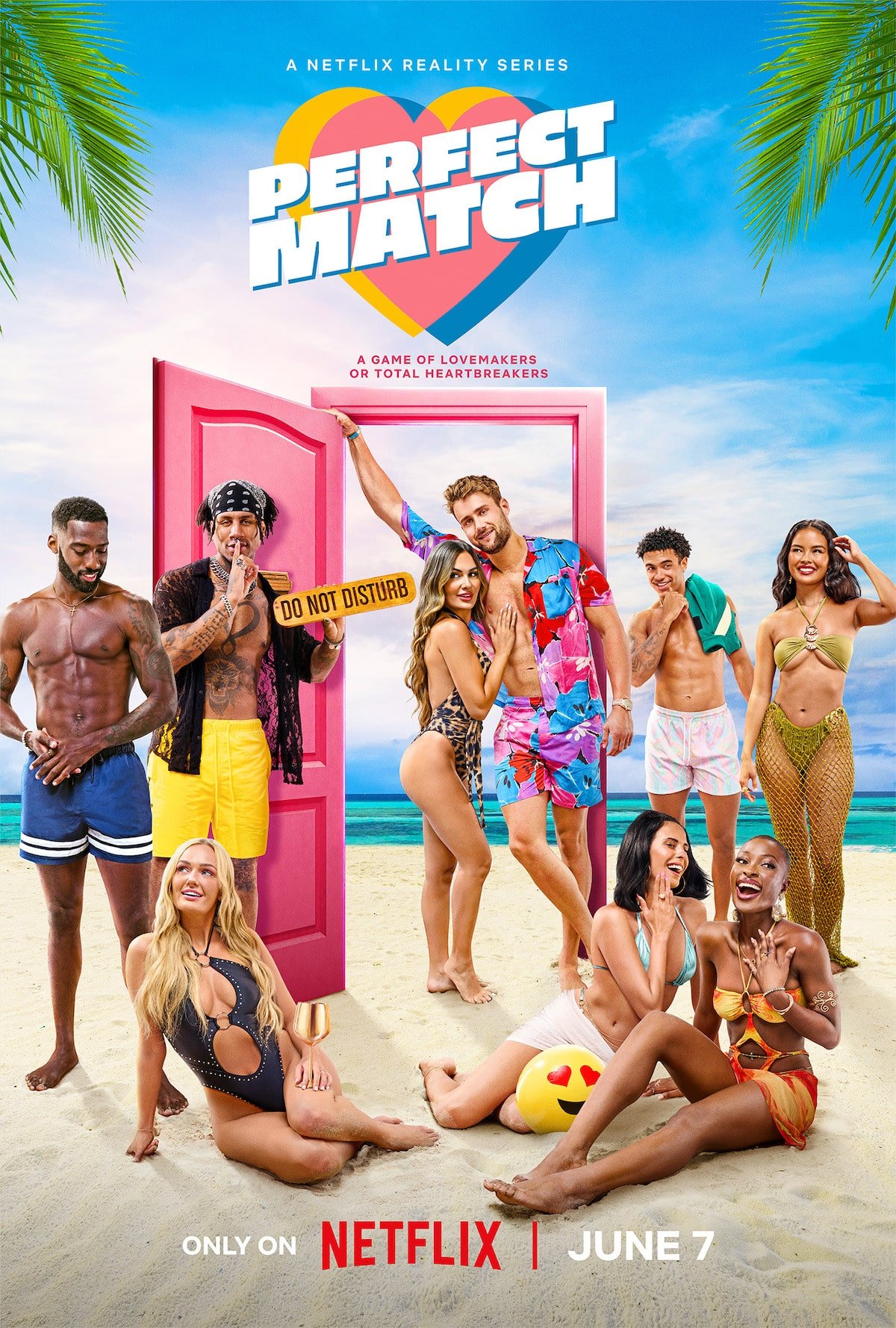Reflections on Netflix’s “The Dark Side of Kidfluencing”
I love a good reality TV series. Always have. But lately, I’ve especially fallen for Netflix’s docuseries because they’re still packed with reality, just less of the contrived drama. They have a way of taking you behind the scenes of a well-known story or cultural phenomenon, guided by experts and people who were there. I can’t get enough. From their true crime series (Gone Girls, The Menendez Brothers, American Murder: Gabby Petito) to their sports documentaries (Quarterback and Receiver), they’re just masterpieces.
So when Netflix announced The Dark Side of Kidfluencing, I had to watch.
And as an avid TV watcher, I wanted to binge it in one sitting. These docuseries are only two or three episodes—light work. So last weekend, while my daughter was with her dad, I grabbed some snacks, a Mexican Coke, my fluffiest blanket, and cozied up on the couch to dive in.
At first, I was less drawn to the “kid” part and more intrigued by the “influencer” side (thanks in part to having just finished Dancing for the Devil: The Wilking Sisters). But it was the fact that they were children that made the whole thing so heartbreaking… and infuriating.
The Rise of Kid Influencers—and the Fall Behind the Scenes
If you haven’t seen or even heard of it, The Dark Side of Kidfluencing invites viewers to look beneath the surface of kid influencer culture. It follows the life of one particularly popular young influencer, Piper Rockelle.
Piper’s story starts with humble beginnings: a single-parent household, a hardworking mother named Tiffany, and emotional baggage (unresolved pain from her parents’ divorce, abandonment of Piper’s dad, and a deep desire to give her daughter a better life).
At first, the focus was harmless: a little pageantry, a few YouTube videos for fun. But as Piper gained traction, Tiffany realized how lucrative the influencer world could be. The more videos they produced, and the more children she brought into the fold, the more money rolled in. Quickly, it ballooned into a massive business empire. And that’s where the trouble began.
Exploitation Hiding in Plain Sight
What made it upsetting was the exploitation.
What made it nauseating was that the people being exploited were children.
What made it fascinating—and horrifying—was how easily the parents signed off on it.
We’ve seen exploitation before, whether it’s the America’s Sweethearts: Dallas Cowboys Cheerleaders docuseries or The Wilking Sisters. The pattern is disturbingly familiar: someone with access to money, fame, or power increases their reach by leveraging someone else’s talent and vulnerability. In Hollywood, it’s a tale as old as time. Now, in the world of social media influencing, where the rules are even blurrier, it’s becoming one too.
Tiffany learned the business, understood the algorithms, and used the children's talent to build her empire. They benefited (with fame and, occasionally, money), but she benefited far more. And while collaboration should be equitable, greed rarely plays fair.
The worst part was these were preteens. Small children who genuinely loved performing—singing, dancing, acting, simply being seen—and she used that innocence against them. They were working 12- to 16-hour days without proper tutoring, food breaks, or even full nights of sleep. They were manipulated, mistreated, and discarded when they no longer served the narrative.
She knowingly exposed them to online predators and sexual objectification, all for clicks and cash. And their lives will never be the same. Many walked away from performing altogether, burned out before they even had a chance to grow up.
What’s even harder to sit with is that every one of those kids had parents. They weren’t plucked off the street; their mothers and fathers brought them, dropped them off for marathon shoots, and failed to ask enough questions. I’m sure the pace of success and Tiffany’s charm made it hard to see clearly until it was too late. But as a mother, it’s gut-wrenching to imagine allowing anyone that much unsupervised control over my child, and not feeling in my gut that something was wrong.
Motherhood and Brand Building in a Digital World
This documentary struck a chord with me for two reasons:
First, because I’m a mother.
Second, because I’m someone who often builds brands for and around children.
As a mother, I’ve always been aware of the dangers of turning children into content. When my daughter was a baby, it felt easier. She had nothing that the wrong kind of viewer would be looking for, and she couldn't yet voice an opinion about being posted. But as she grew older, that changed.
I noticed she wasn’t always comfortable with me sharing about her. And one day, when checking my Instagram analytics, I saw something that made my stomach drop—photos of just my daughter were being saved and shared at alarming rates. Much higher than any other content. It didn’t take a genius to realize predators had likely found her, probably through innocent hashtags. I stopped immediately.
Today, if I post her at all, it’s with her full consent. I crop from the waist up, allow her to cover her face if she wants, and prefer photos where she’s surrounded by family. Predators don’t want us in their screenshots. I learned that the hard way.
And second, as a branding strategist, I work with athletes, coaches, and teams—people whose audiences often include minors. I help build visibility. But this docuseries reminded me: not all exposure is good exposure, and even good exposure isn’t worth sacrificing a child's innocence, dignity, or safety.
It reaffirmed my commitment to building brands ethically, ensuring consent and protection are front and center.
The Bigger Picture and A Softer Reckoning
Watching The Dark Side of Kidfluencing left me reflective, not righteous. It would be easy to point fingers and wave them around in judgment. But the truth is, we’re all living in an online world that constantly pressures us to share more, monetize more, and turn every personal moment into potential content. We can all fall into the trap of believing visibility equals value. But children deserve better.
They deserve privacy. They deserve protection. They deserve the right to grow up without being reduced to views, likes, and brand deals.
If you’re a parent, or even just a participant in this digital age, maybe it’s worth asking:
Why am I posting this?
Who is it truly for?
And is the cost to my child worth the gain to my ego or bank account?
This isn’t about being perfect. It’s about being honest. It’s about choosing humanity over hype. One post, one project, one child at a time.




